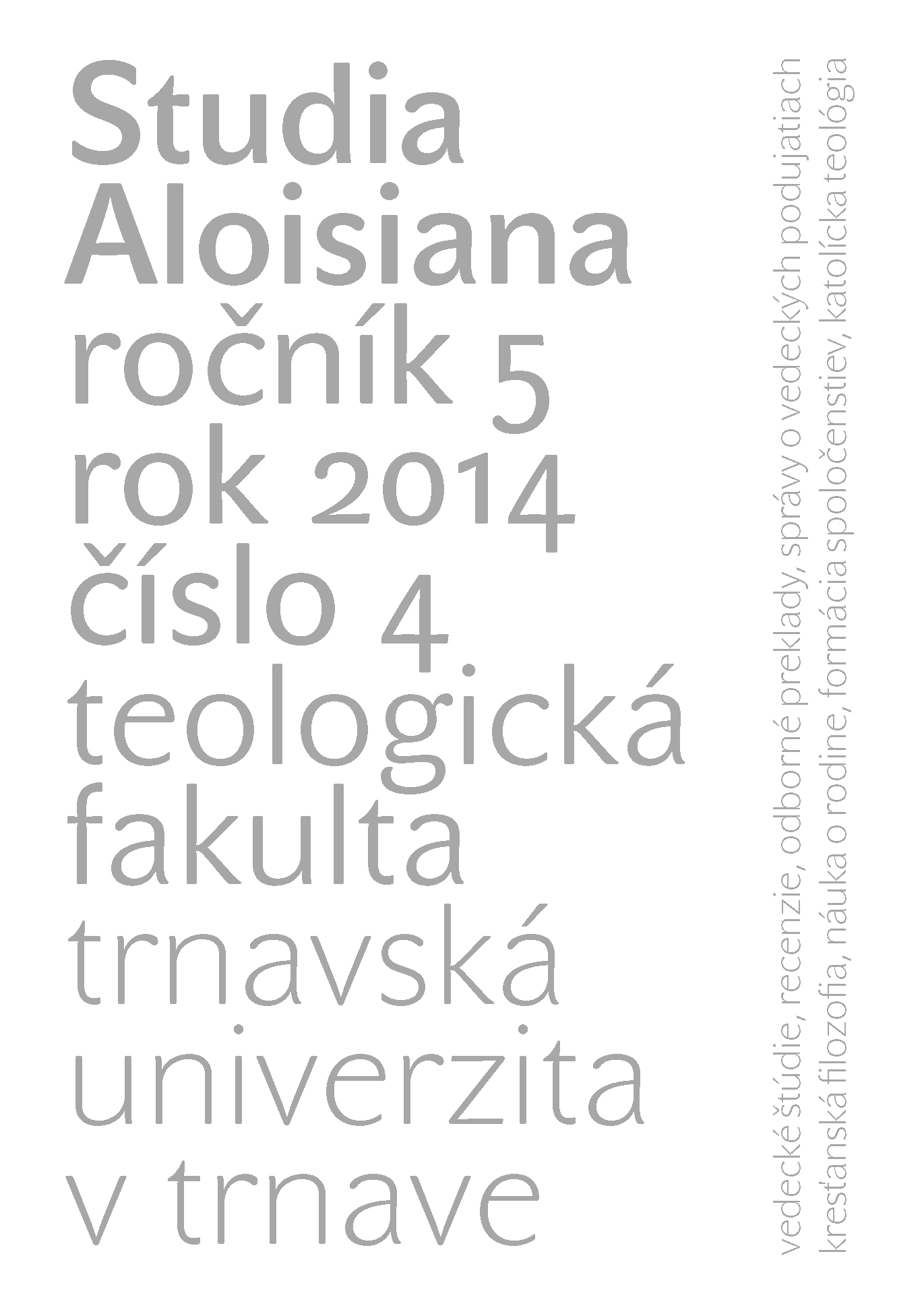The Relations of Meaningfulness, Religious Faith and Subjective Well-Being among Elderly People in the Context of Pastoral Care
The Relations of Meaningfulness, Religious Faith and Subjective Well-Being among Elderly People in the Context of Pastoral Care
Author(s): Szende ElekesSubject(s): Philosophy, Social Sciences, Theology and Religion
Published by: Teologická fakulta Trnavskej univerzity
Keywords: elderly;meaningfulness;religious faith;subjective well-being;pastoral counseling;
Summary/Abstract: Meaningfulness, as confirmed by empirical research, has the power to maintain one’s well-being. We examined this hypothesis in the case of elderly people, because this is a critical age when man reflects upon his existence. We interviewed twenty people over 65 years old, living in their homes or a nursing home, about their perception of meaning in life, meaning of suffering, religious faith and subjective well-being. According to the results, the majority of the elderly found their lives meaningful in the past and present as well. It is important to note that the majority of those living in social homes were not able to identify any meaning in their lives. Our research confirms that meaningfulness correlates with subjective well-being: those who found their lives as meaningless, described their mood and their physical health as bad, even in the lack of a concrete physical disease. As for the pastoral counseling of the elderly, we consider that individual or group counseling would be useful in a social home setting, where adopting a logotherapeutic approach could help one in their search for meaning and making a more positive balance of their existence.
Journal: Studia Aloisiana
- Issue Year: 5/2014
- Issue No: 4
- Page Range: 31-42
- Page Count: 12
- Language: English

